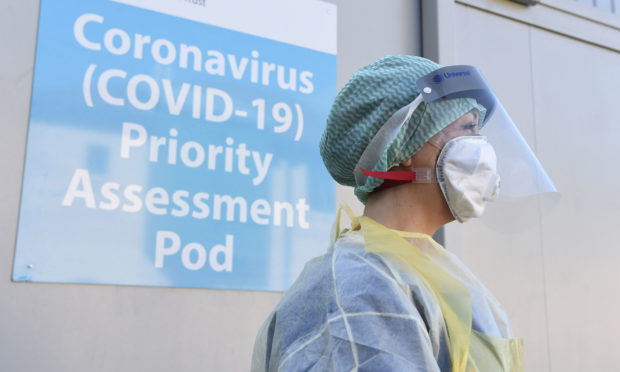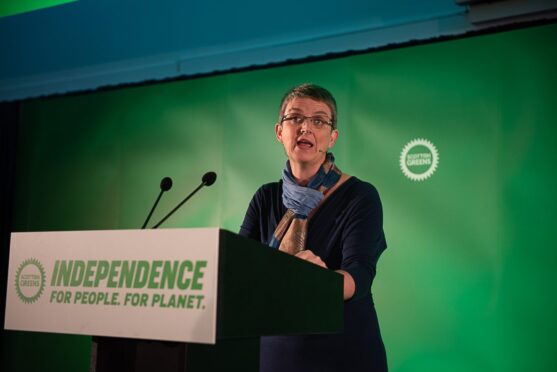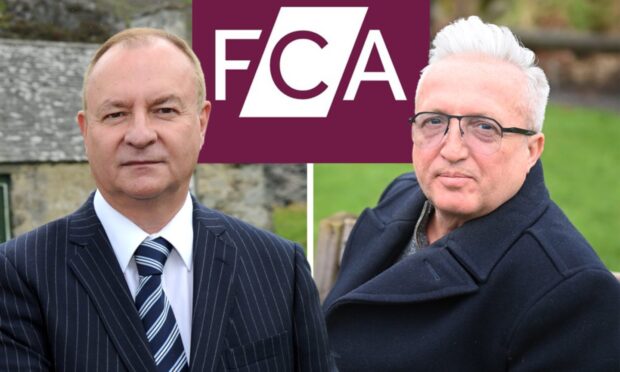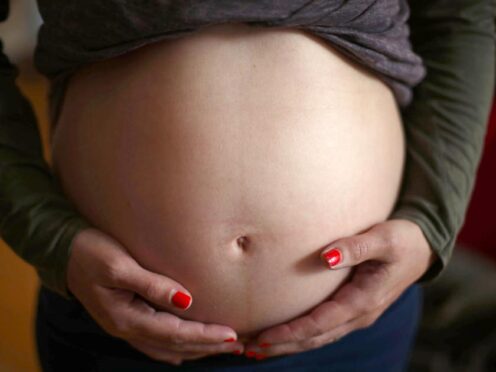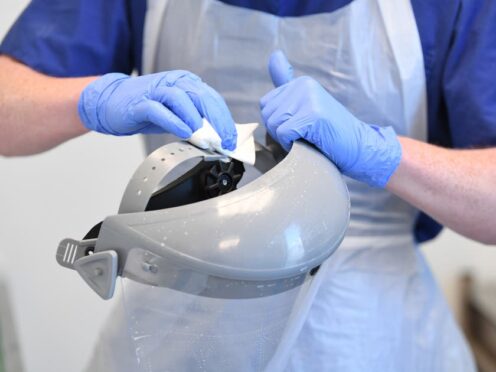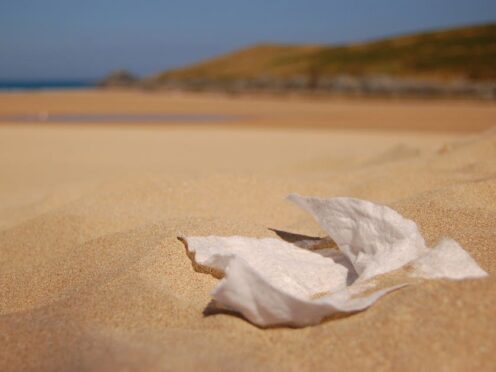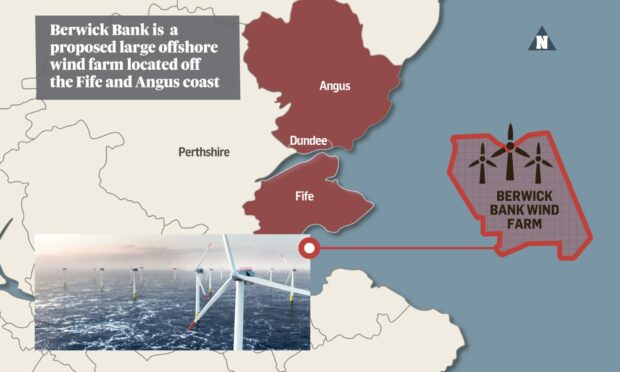More than a third of coronavirus deaths across Tayside and Fife have been in care homes, new figures have revealed.
Data released by the National Records of Scotland (NRS) up to April 26 show 38% of deaths across the two health board regions were in care homes, with 108 people dying in these settings across the region since the pandemic began from a total of 283 registered deaths.
A total of 145 deaths (51%) were in hospitals across Tayside and Fife, with 30 deaths (11%) in homes or non-institutional settings.
This is marginally below the national average, which showed 39% of the 2,272 deaths recorded in Scotland up to April 26 related to care homes, with 886 dying in these institutions – figures the First Minister called “deeply distressing”.
Further breakdown of the figures show there were 36 care home deaths in Dundee, 26 were in Angus and and eight were in Perth and Kinross.
The proportion of deaths in Scotland’s care homes has increased from 33% of overall coronavirus deaths in the week up to April 19, to 39% in the most recent NRS figures up to April 26.
Speaking at her daily briefing on Wednesday, Ms Sturgeon said the proportion of deaths in care homes is “quite obviously distressing”.
She added: “It is, however, broadly in line with the proportion being reported now in many other countries and that demonstrates again how crucial it is to make care homes as safe as they possibly can be during a pandemic of this nature.
“Care homes have had strict guidance to follow since March 13 and it is incumbent on care home providers, whether they are in private sector, to follow and to implement that guidance.
“Our NHS directors of public health are also playing a lead role in assessing how each care home in an area is managing infection control, staffing, training, physical distancing and testing.”
The proportion of deaths in care homes is quite obviously deeply distressing.”
First Minister Nicola Sturgeon.
Ms Sturgeon added that care homes are “very vulnerable” to the virus due to the age and frailty of their residents and because many people are living together in the same setting, and this reflects the situation in the rest of the UK and other countries across the world.
The NRS figures include all cases where Covid-19 is mentioned in a person’s death certificate and are distinct from the daily figures produced by Health Protection Scotland (HPS), which have so far included only individuals who have died within 28 days of testing positive for the virus.
This method recorded 2,272 deaths in Scotland linked to Covid-19 as of April 19, compared to the 1,262 fatalities recorded by the HPS system at the time.
A regional breakdown of the figures show there were 283 deaths across Tayside and Fife, since the pandemic began.
